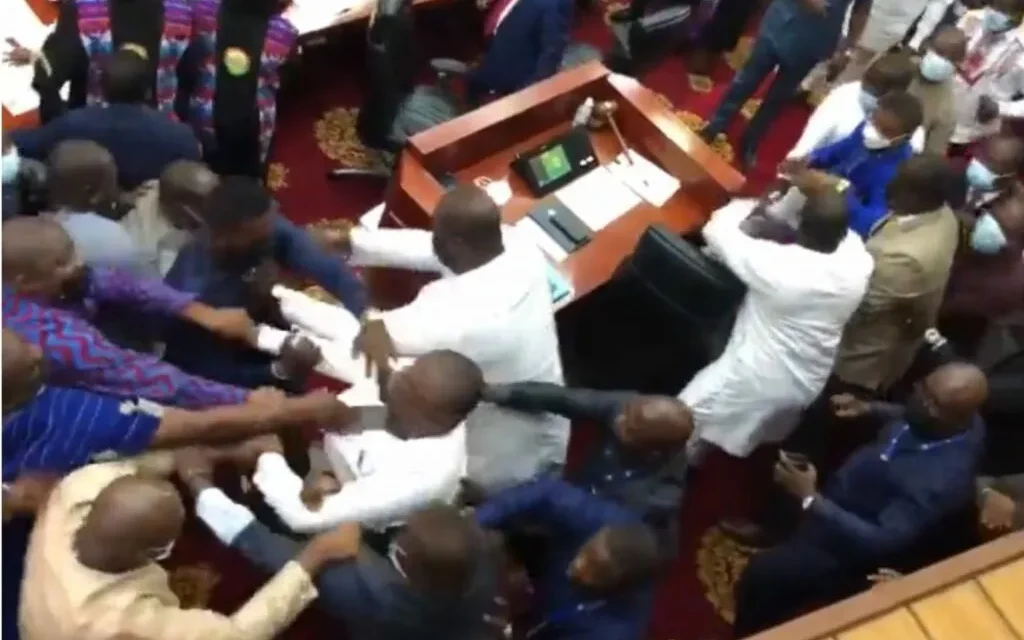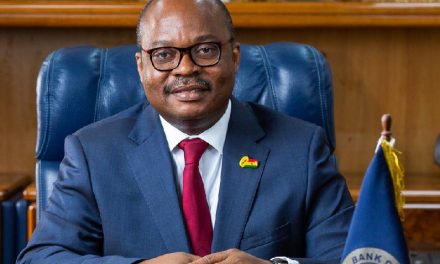The contemporary conundrum of the need for public participation to hold politicians responsible for their use of public funds has historical roots. With the passage of a new democratic constitution in 1992, Ghana’s political history underwent a sea change. This incident gave people newfound confidence in their capacity to engage in politics and hold elected officials responsible for their deeds. The question of whether taxpayers should put up with politicians abusing public resources in silence or speak out against it still stands today. This essay examines the benefits and drawbacks of both strategies before making the case that holding elected officials responsible and encouraging active citizen engagement are crucial components of a strong democracy.
One of the most important decisions Ghanaians must make is whether to speak out against politicians abusing public funds or to keep quiet in the face of possible repercussions. The purpose of this essay is to examine the benefits and drawbacks of both strategies, concluding that holding elected officials responsible and encouraging active citizen engagement are essential components of a strong democracy.
When it comes to political malfeasance, there are serious repercussions for remaining silent. The fear of revenge is one issue since people who expose corruption or poor management may get threats or other negative consequences. This fear may prevent people from speaking up, which could contribute to the climate of impunity that allows politicians to mismanage public funds without facing consequences. The absence of responsibility erodes public confidence and threatens democratic institutions, impeding the progress of the country. Additionally, by remaining silent, people unintentionally foster corruption, undermining social agreements and obstructing advancement.
There are many benefits to speaking out against resource mismanagement and political wrongdoing. Citizens may encourage transparent governance and make sure that elected officials are responsive to the people they represent by calling for increased accountability and transparency. Inspiring others to participate in the conversation through active citizen engagement promotes a group effort to keep politicians responsible. This organized force has the power to fortify democratic norms and principles by enacting significant change and advocating for increased honesty in government. Speaking up promotes civic involvement, which is essential for a dynamic and thriving democracy, in addition to empowering people.
Establishing channels and forums that shield leakers and promote candid communication is essential to striking a balance between citizen empowerment and the fear of being victimized. Legal safeguards that protect whistleblowers and offer efficient reporting avenues can encourage people to come out without worrying about facing reprisals. It is crucial to support civil society groups that promote accountability, openness, and sound government. These groups have the ability to mediate disputes between voters and legislators and offer welcoming environments for public participation. Investigative journalism and exposing political wrongdoing also depend on advancing media freedom and shielding journalists from intimidation. Additionally, media literacy can enable people to demand responsibility and make educated judgments.
Conclusion:
It’s obvious that staying silent only serves to maintain corruption and erode democracy, even while speaking up against political wrongdoing has some risks and difficulties. Finding a balance between bolstering democratic institutions, empowering citizens, and holding politicians accountable and transparent is essential. Ghana can ensure that public resources are used for the benefit of society by creating a climate that fosters a free press, protects whistleblowers, and stimulates civic involvement. This will ultimately result in a more affluent and responsible country.
By Evans Mawunyo Tsikata, – BBA, LLB, MEd, LLM





